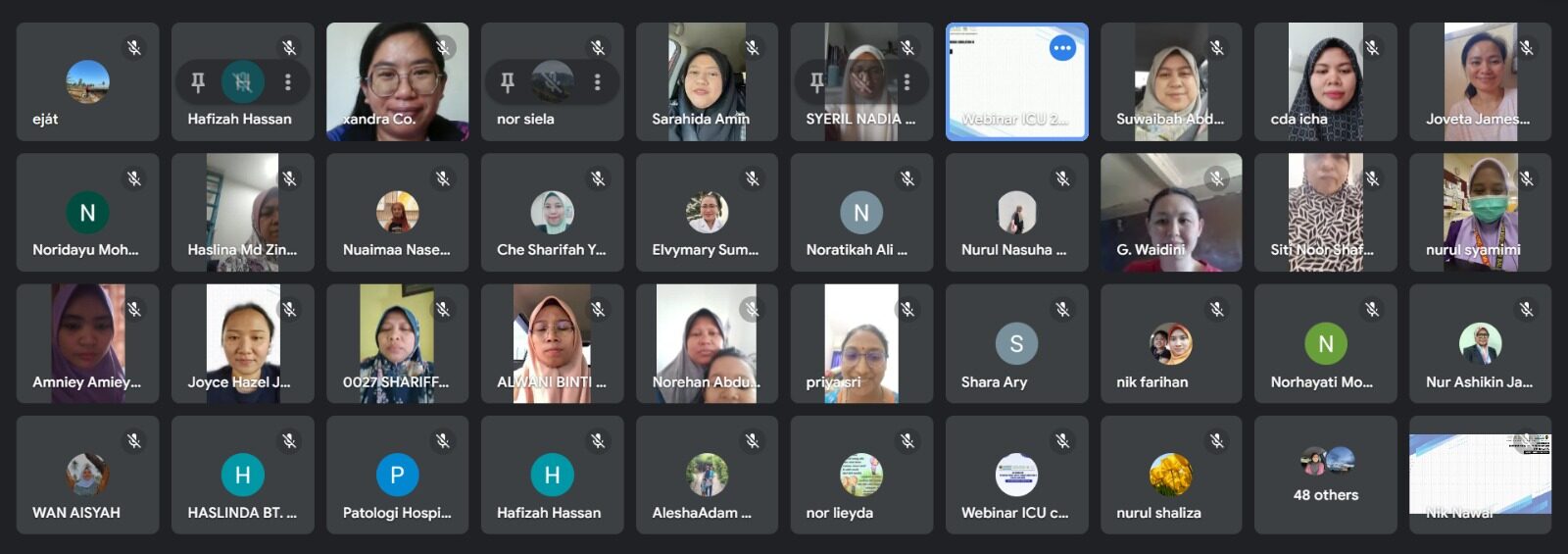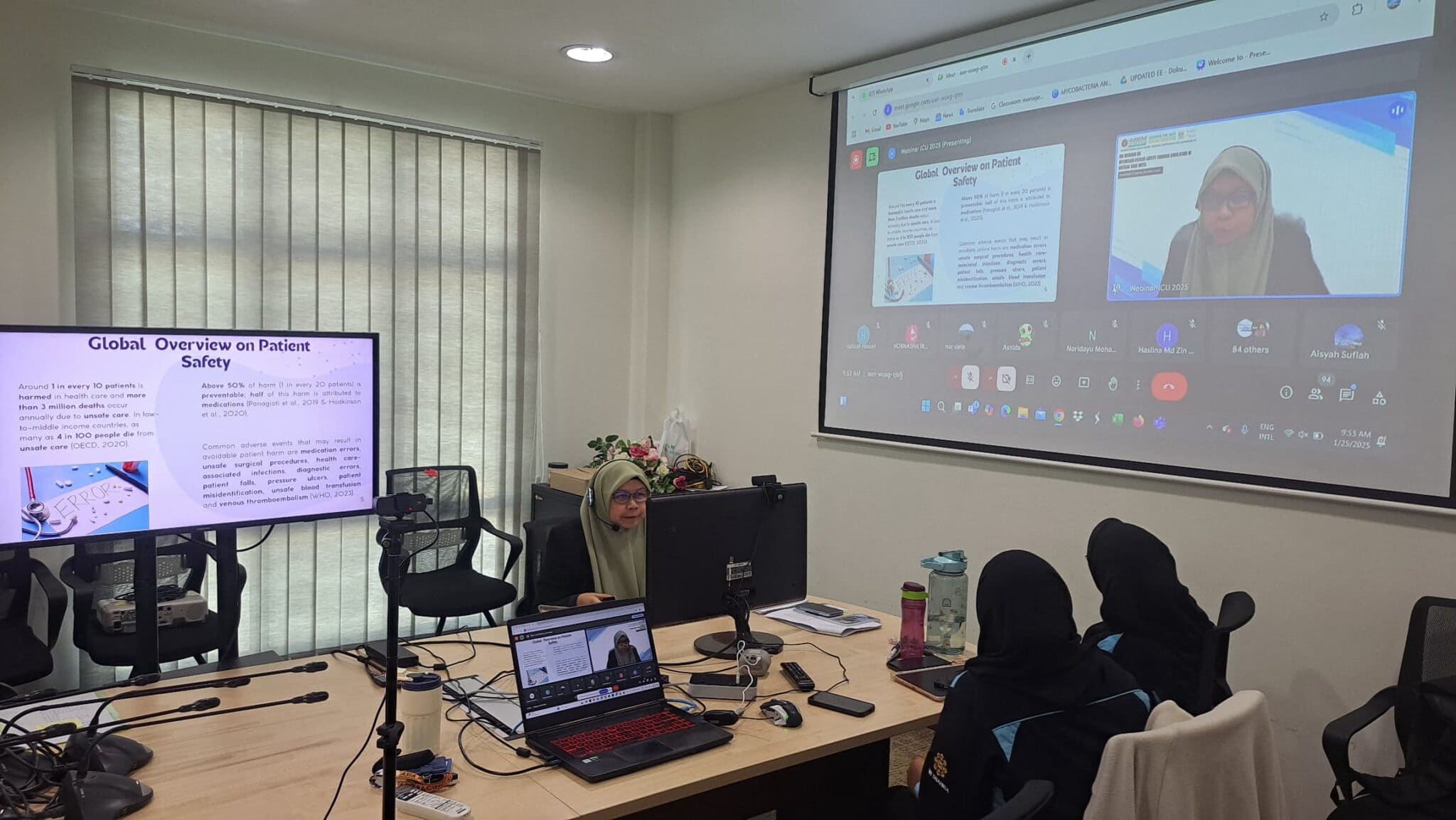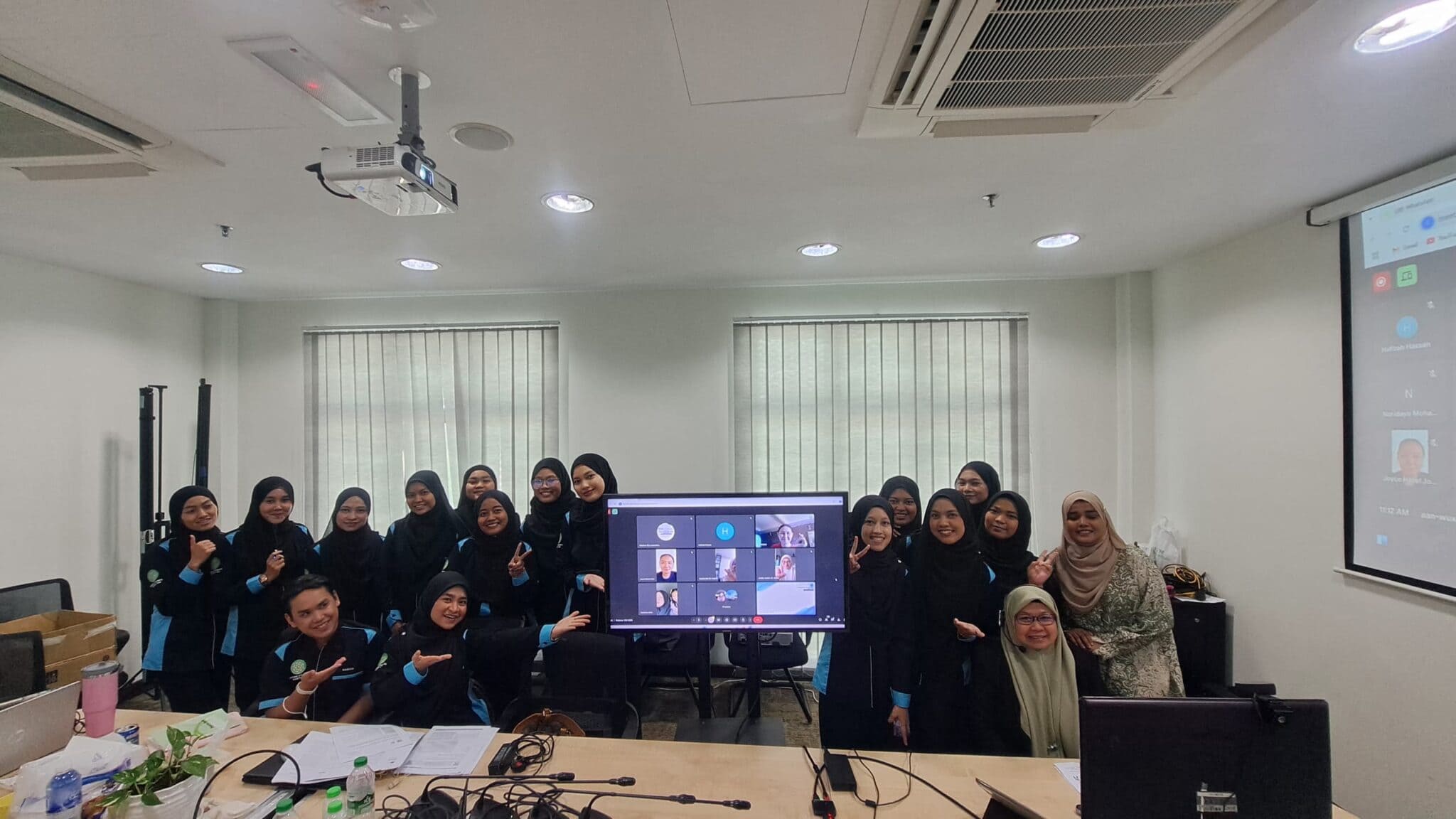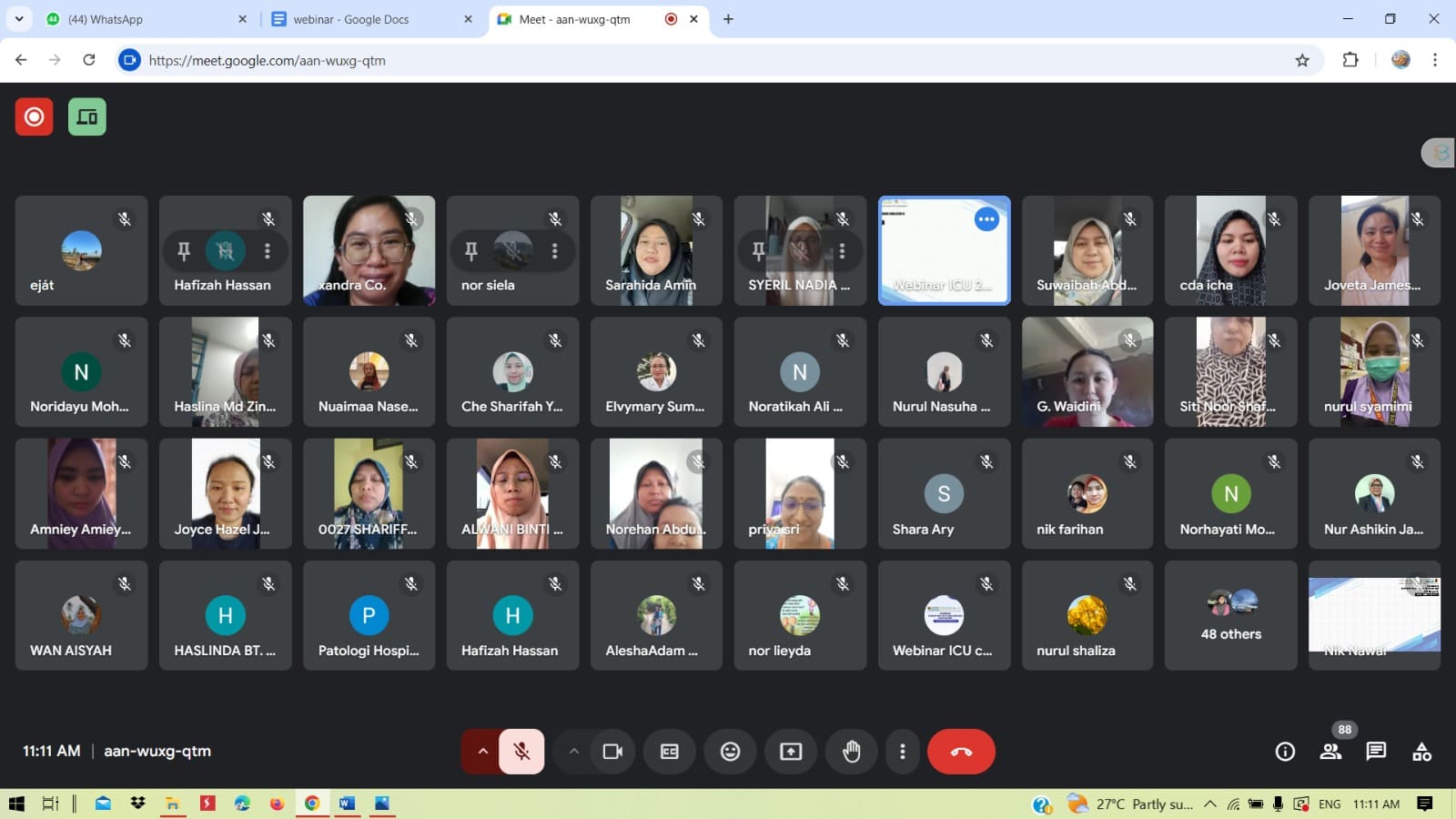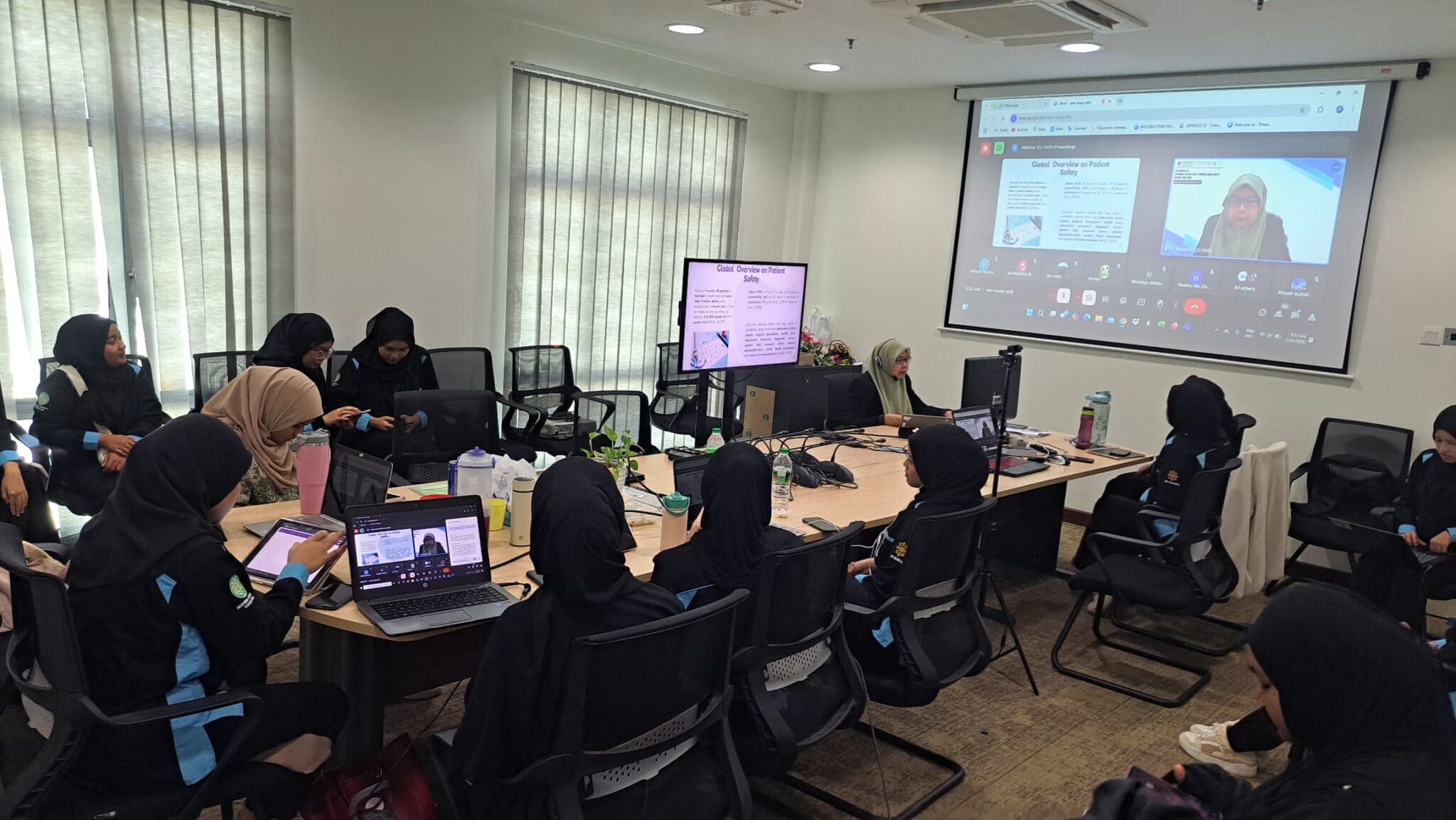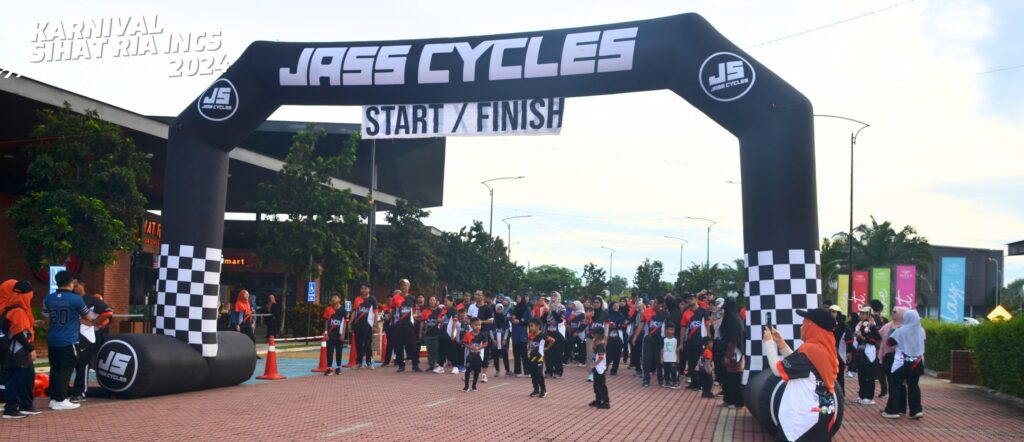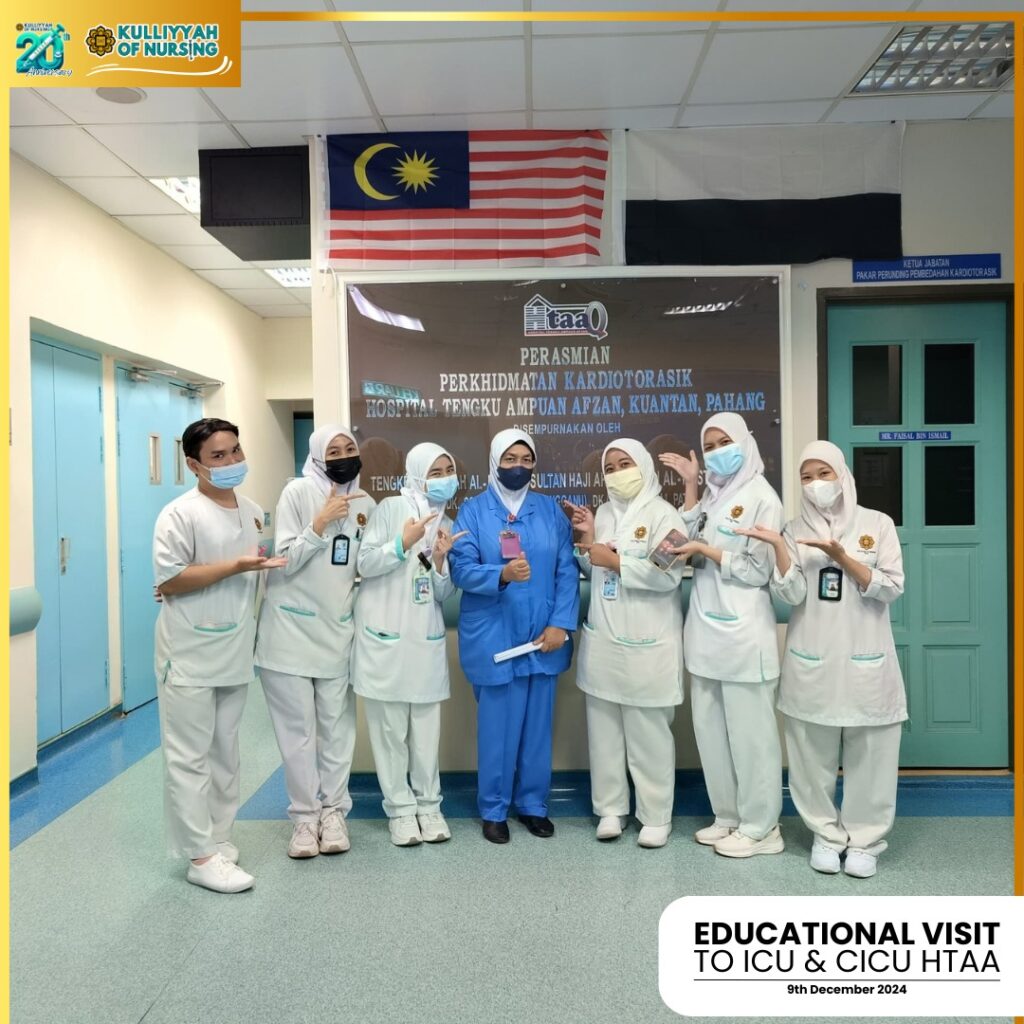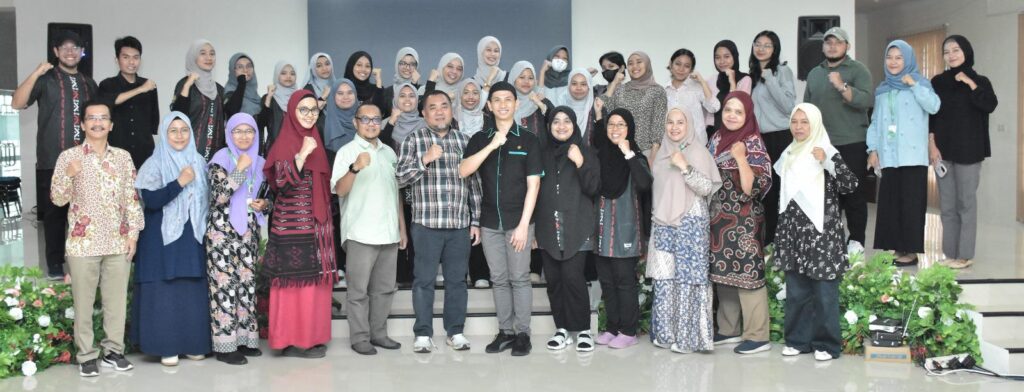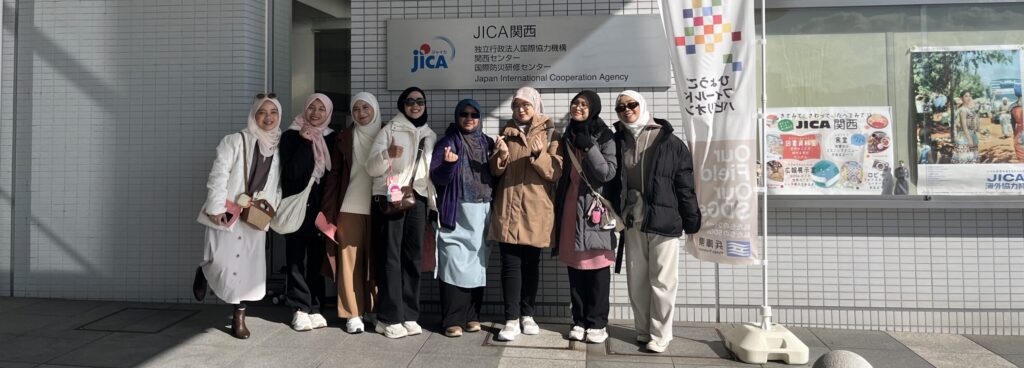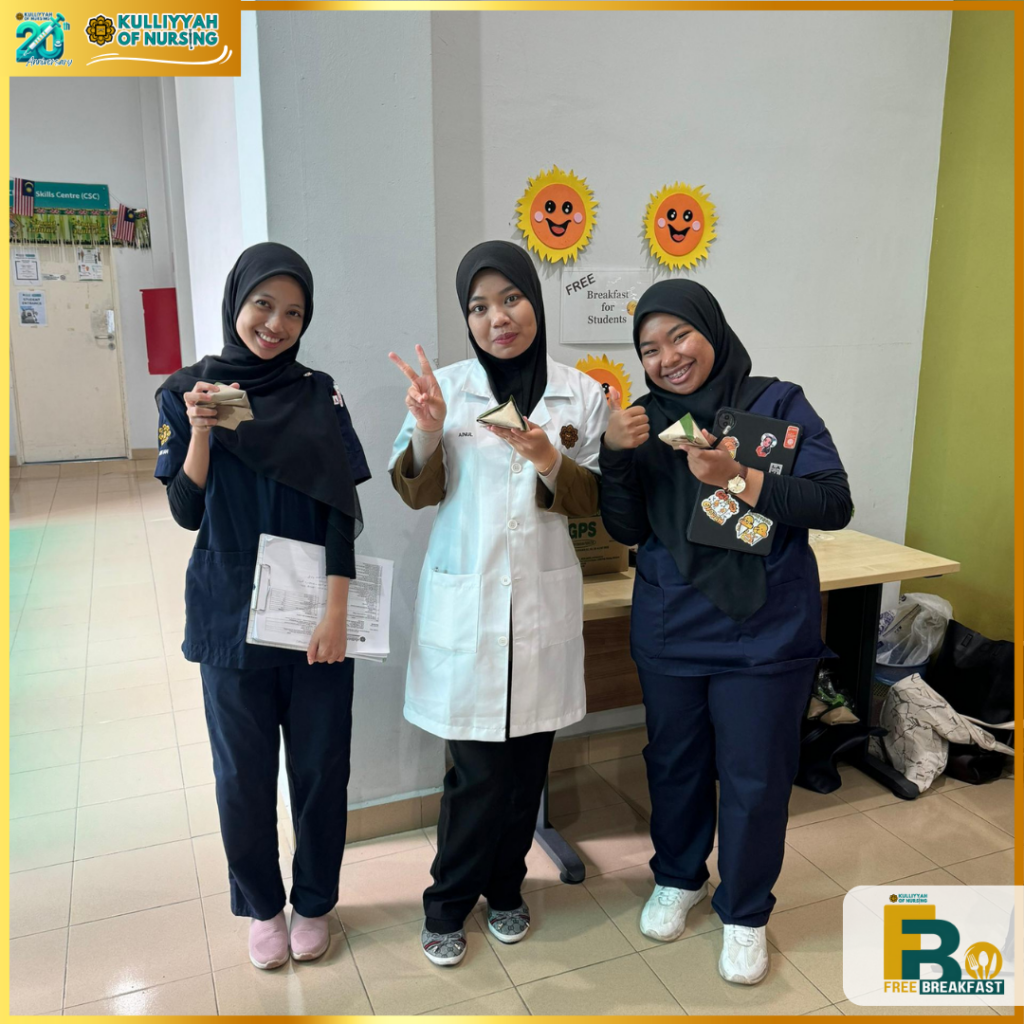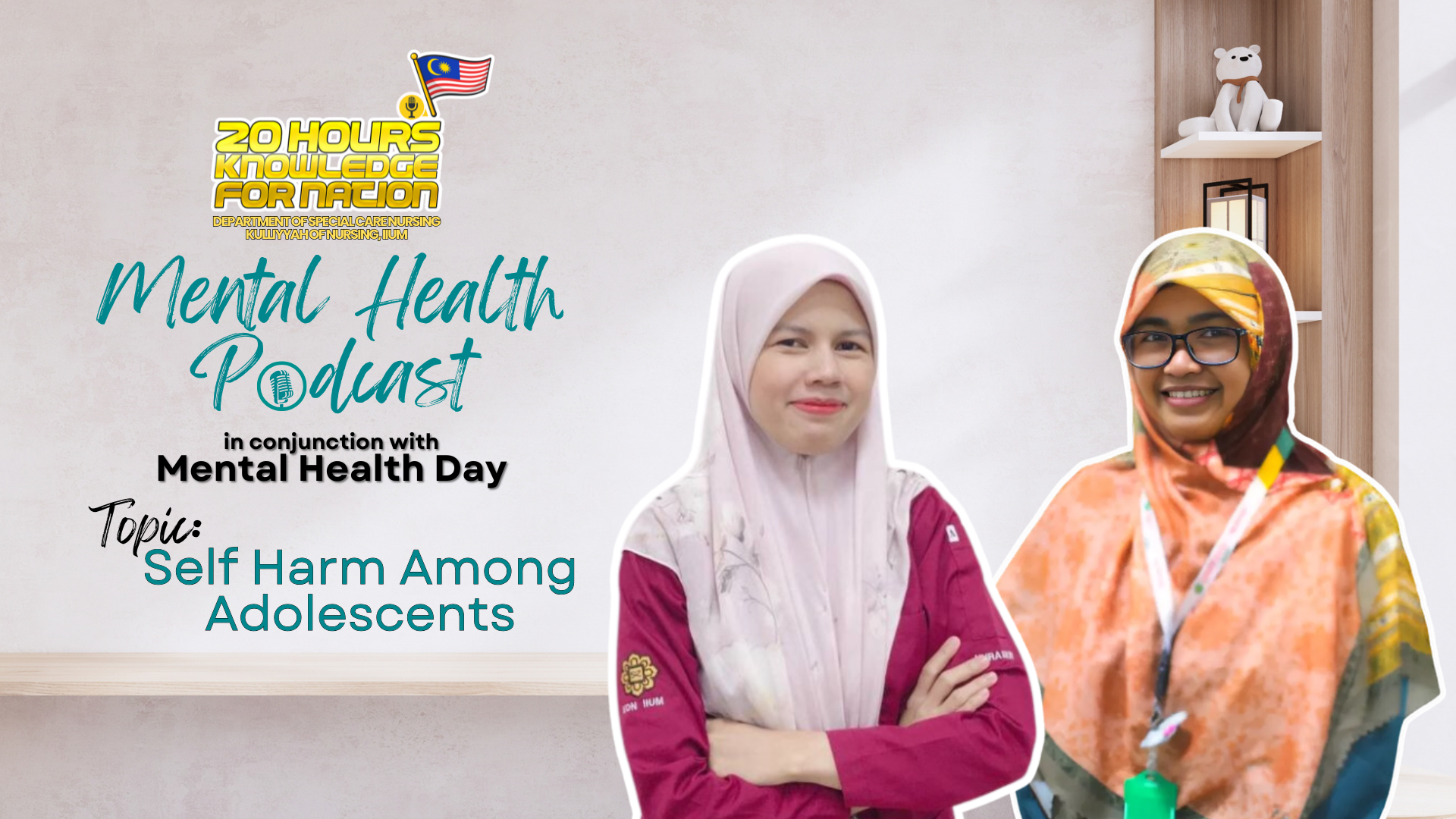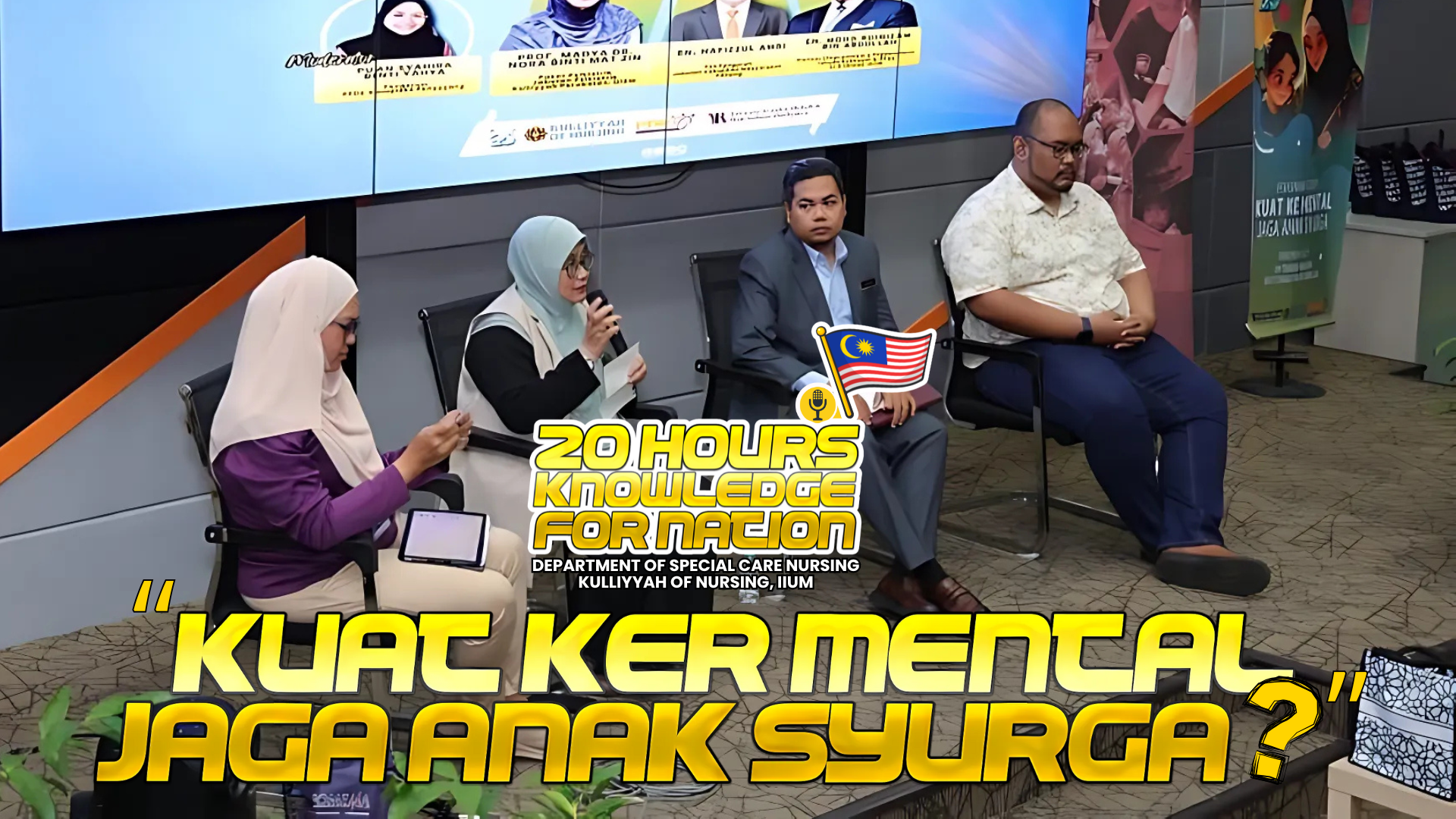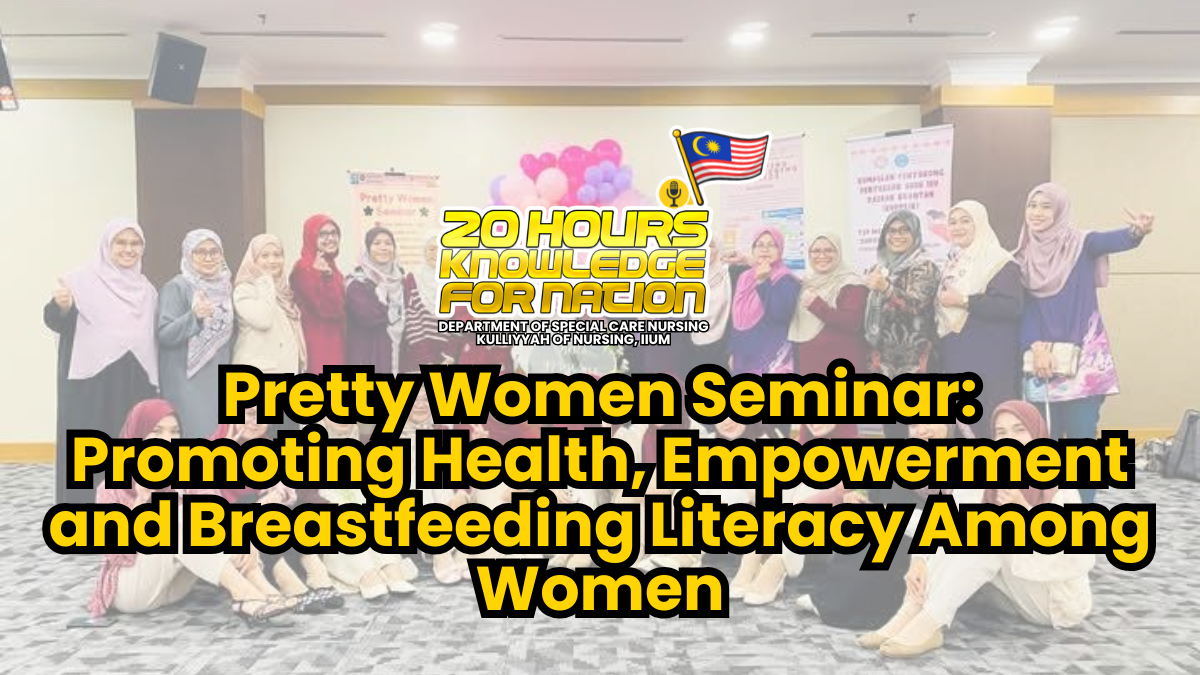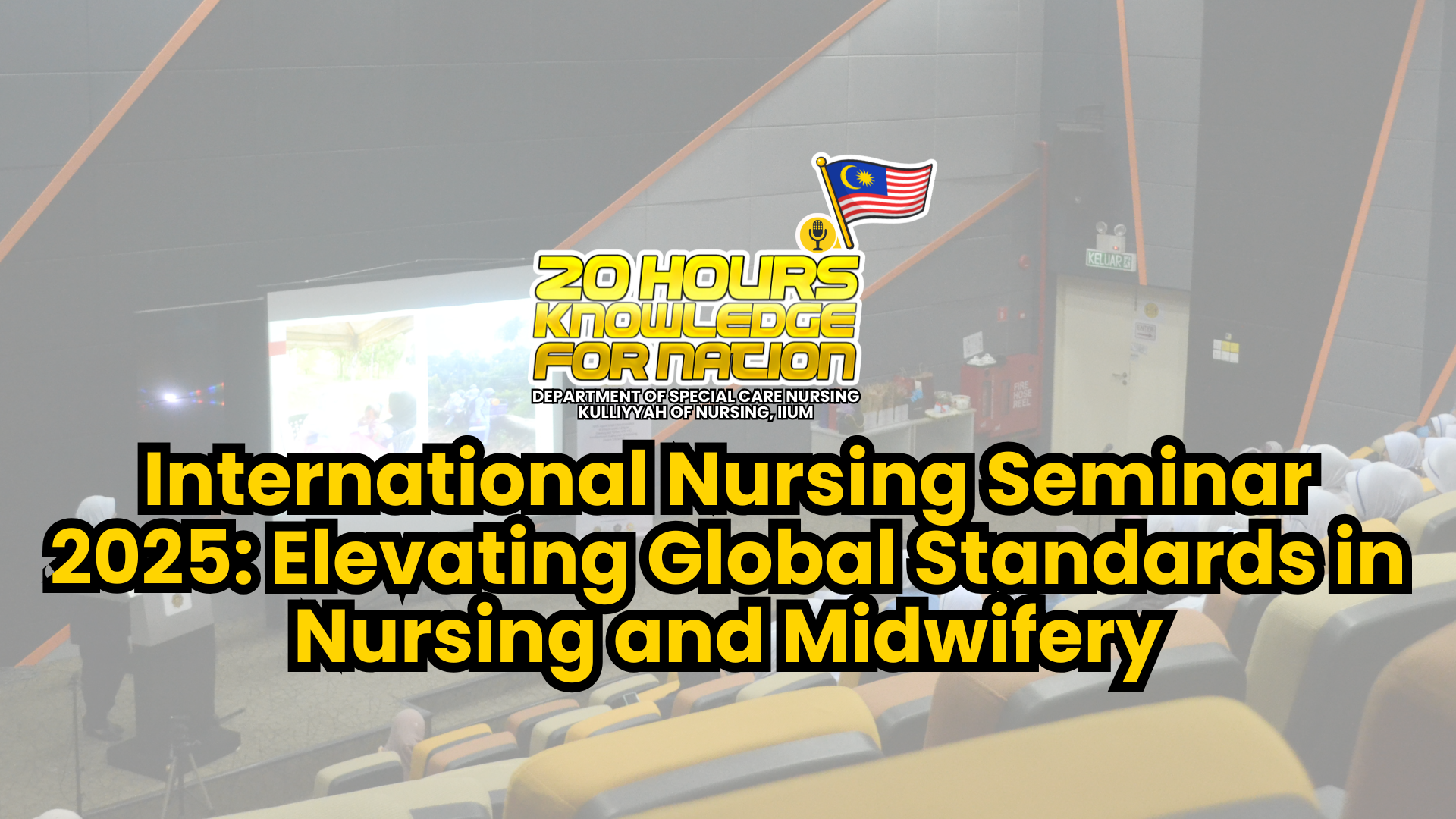Inbound Mobility Programme with Year 3 Nursing Students from UMY and USK

February 14, 2025
by Muhammad Farhan Mahmud
Location: Kulliyyah of Nursing, IIUM, Kuantan, Malaysia
The Kulliyyah of Nursing, IIUM, proudly congratulates nursing students from Universitas Muhammadiyah Yogyakarta (UMY) and Universitas Syiah Kuala (USK) on successfully completing their 18-week Exchange Mobility Program for the Semester 1, 2024/2025 session. This program served as an invaluable platform for academic enrichment, professional skill development, and cultural exchange.
Throughout the semester, all participating students were placed in Section 4 of Year 3 Nursing alongside their IIUM peers. UMY students attended physical classes at the Kulliyyah of Nursing, while USK students joined virtually from their home university. Despite the geographical separation, the students remained highly engaged in discussions, coursework, and collaborative learning activities. The highlight of their academic journey was the final examination, which brought all students together physically at IIUM to complete their assessments in a unified setting.
During the program, students undertook multiple specialized nursing subjects designed to enhance their clinical expertise and theoretical knowledge. These subjects included Maternal-Newborn Nursing and Gynaecological Nursing, Child Health Nursing, Community Health Nursing, Mental Health Nursing, Emergency, Theatre and Intensive Care Nursing, and Biostatistics and Epidemiology. Exposure to these diverse areas of nursing provided students with a holistic learning experience, equipping them with essential skills for their future careers in healthcare.
The Exchange Mobility Program also allowed students to gain insight into different healthcare systems, share best practices in nursing, and develop a deeper appreciation for cultural diversity within the field. This experience not only strengthened their academic foundations but also fostered strong bonds of friendship between students from Indonesia and Malaysia.
The Kulliyyah of Nursing, IIUM extends its heartfelt congratulations to the following students for their dedication and commitment throughout the program:
Universitas Syiah Kuala (USK) Students:
- Daffa Yusril Alfarizi Marzoeki
- Najwa Mifthahul Jannah
- Najwa Aqila
- Aura Nisay
- Annisa Khaira Hijria
- Selly Amelia Nuraini
- Adinda Balqis
- Rona Shofiyah
- Mulkan Rafiqi
- Cut Nadiatul Hasanah
Universitas Muhammadiyyah Yogyakarta (UMY) Students:
- Alexander Ashari
- Nafiah Rahma Setyana
- Nisafatiha Putri Sholiha
- Afrida Cahya Mutiarani
- Jenifer Amalia Dewi
As they return to their respective universities, we hope that the knowledge, skills, and experiences gained during their time at IIUM will continue to inspire and shape their journey in the field of nursing. We pray for their continued success in both their studies and future careers, and we remind them that they will always be part of the KON family. We look forward to more meaningful collaborations in the future!
Photo Gallery













